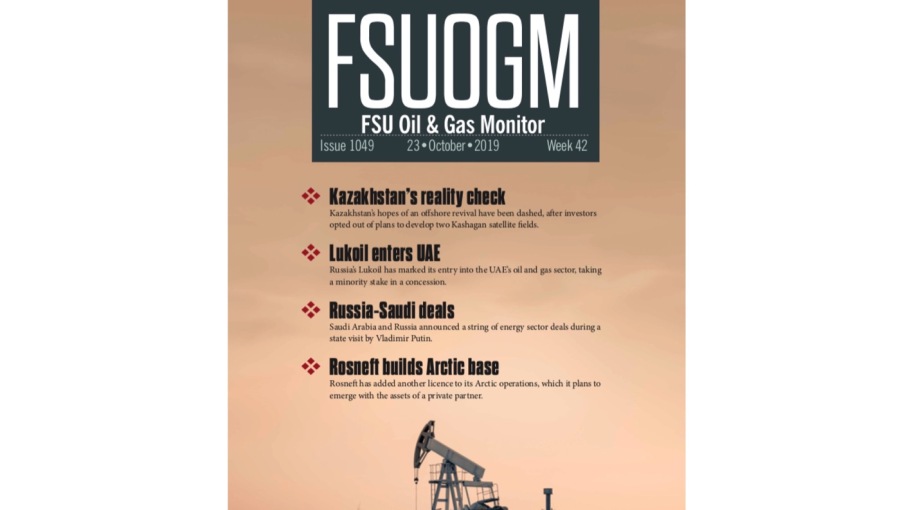FSUOGM: Sibur launches pilot centre for polymer tech

Russia’s largest petrochemicals producer Sibur has launched the country’s first pilot centre for testing base polymer technologies, as part of a push to substitute imports in the sector, the company announced on December 6.
Prior to the war in Ukraine, Sibur was leading Russia’s drive to expand petrochemicals production, using cheap by-products of oil and gas extraction to produce various polymer products to cover domestic demand and support exports, launching major new projects such as the $9bn ZapSibNefteKhim plant in Tobolsk in 2019. However, Western sanctions barring access to critical petrochemical technologies have brought many new investments to a standstill.
Also situated in Tobolsk, the pilot centre is aimed at accelerating the development of new catalysts and polymer grades by up to ten times, Sibur said. A key addition to Sibur’s research infrastructure, it will enable smoother transitions from laboratory innovations to industrial-scale production, minimising risks and optimising efficiency, according to the company.
The newly opened facility integrates 12 production technologies for polypropylene and polyethylene, covering 90% of the technologies used in Russia. This unique infrastructure positions the centre as a pivotal hub for innovation in polymer production, Sibur said.
Base polymers, such as polyethylene and polypropylene, are crucial to various industries, including construction, medicine, transportation, food processing, agriculture and energy. The centre's capacity to test at least five catalysts and launch around ten new polymer grades annually could significantly bolster the output of synthetic materials by hundreds of thousands of tonnes each year.
Russian Deputy Prime Minister Dmitry Chernyshenko highlighted the importance of Sibur’s investments in research and development, which amount to RUB6-7bn ($60-70mn) annually. He noted that the pilot centre represents a scalable model for innovation, contributing to the national project “New Materials and Chemistry” that was launched by Russian President Vladimir Putin.
Dmitry Borisova, Sibur’s managing director for development and innovation, emphasised the pilot centre's role in ensuring Russia’s technological independence in polymers. Together with upcoming facilities like the Sibur Innovation Research Centre in Kazan and a planned catalyst production plant in Tatarstan, the company aims to create a fully integrated domestic production chain for polymers by 2030.
The pilot centre will test advanced Russian-developed catalysts, including chromium, titanium-magnesium and metallocene types, in collaboration with leading research institutions such as the Russian Academy of Sciences and Moscow State University. These efforts align with Sibur’s broader strategy to reduce dependence on imported components and achieve self-sufficiency in producing critical synthetic materials by 2030.
The project has received over RUB6bn in funding, with 75% of the centre’s core equipment sourced from Russian manufacturers. This initiative is part of a broader investment strategy exceeding RUB70bn out to 2030 to develop mid- and small-scale chemical production and proprietary technologies.
Complementary projects include a research and technology scaling centre in Kazan, slated for 2027, and a catalyst production facility under consideration in Tatarstan. Together, these initiatives aim to ensure a secure supply chain for Russia's synthetic materials industry, with the potential to support the annual production of up to 15mn tonnes of modern synthetic materials.
Sibur’s advancements also include innovations like a novel propane dehydrogenation catalyst, introduced in late 2024.
If you’d like to read more about the key events shaping the former Soviet Union’s oil and gas sector then please click here for NewsBase’s FSU Oil and Gas Monitor.


Follow us online